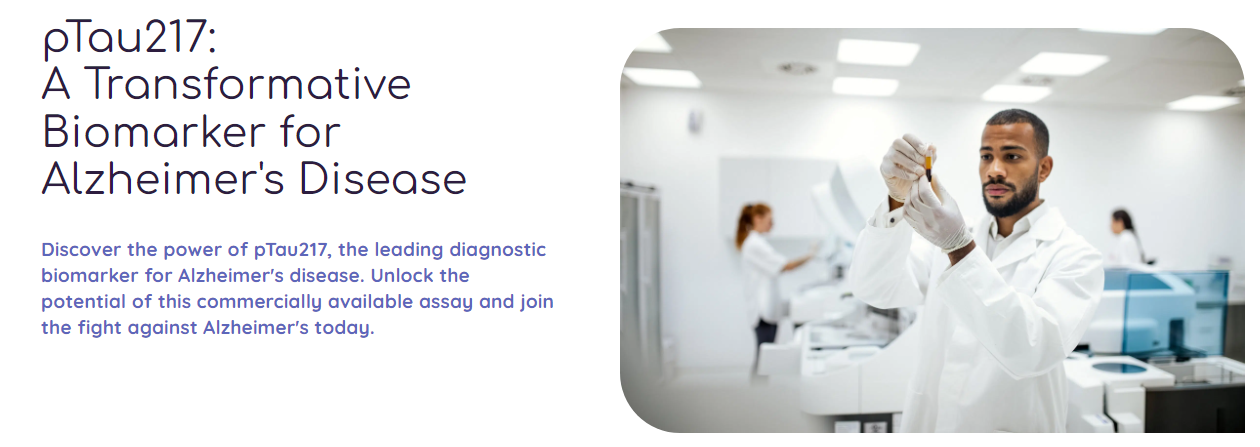
What You Should Know:
– ALZpath, a developer of blood-based diagnostic biomarker testing for Alzheimer’s disease detection receives funding from the Alzheimer’s Drug Discovery Foundation (ADDF)’s Diagnostics Accelerator to accelerate the clinical availability of ALZpathDx as a laboratory developed test (LDT).
– ALZpathDx is a novel, proprietary assay for blood-based measurement of phosphorylated tau at threonine 217 (pTau217), a highly accurate, diagnostic biomarker for Alzheimer’s disease. The assay is performed on the Quanterix Simoa HD-X immunoassay analyzer.
Accelerate Analytical and Clinical Validation of ALZpathDx
ALZpathDx has been launched for clinical use as laboratory-developed test (LDT). Evaluation in independent clinical cohorts with multiple co-morbidities is currently being established to advance to an in-vitro diagnostic (IVD). The investment comes at a pivotal time in the advancement of Alzheimer’s disease treatments, with Biogen and Eisai’s Lecanemab (LEQEMBI®) recently receiving traditional FDA approval, ushering in a new era for the next generation of Alzheimer’s treatments. A critical barrier to widespread availability and use of these and other treatments to follow is the difficulty in diagnosing Alzheimer’s patients, particularly in the early stages of disease onset, when such treatments may have the most profound impact.
Biomarkers Enable the Next Phase of Clinical Care
Cognitive testing has traditionally been the primary method to diagnose Alzheimer’s disease, however, relying solely on cognition has limitations because patients only show symptoms after significant changes have occurred in the brain. Historically, the only definitive way to confirm an Alzheimer’s disease diagnosis was through autopsy.
As a more accessible and simple approach to understanding brain health, many are turning to biomarkers in peripheral fluids. In the last decade, cerebrospinal fluid (CSF) biomarker assessments have become an important diagnostic tool alongside bioimaging. However, obtaining CSF has its own challenges. Today blood-based biomarkers is considered the future of diagnosing Alzheimer’s disease. pTau217 outperforms other Alzheimer’s diagnostic biomarkers, including CSF and PET scans, to predict the likelihood of Alzheimer’s disease prior to the onset of symptoms.
